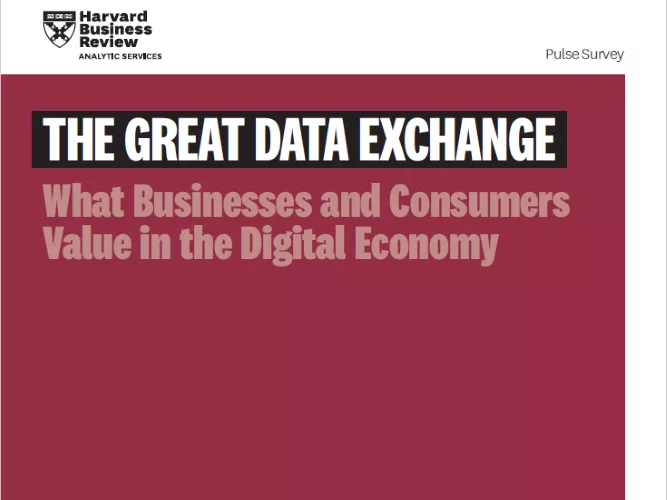Open banking can seem a threat to traditional financial institutions. However, as demonstrated by the evolution in response to PSD2 from European banks, the most forward-looking banks will see open banking for what it truly is—an opportunity.
By embracing the principles of open banking and upgrading their strategies, banks will find open banking actually enables them to deepen their customer relationships and creates new potential for growth.
However, in order to make this opportunity a reality, Brazil’s banks must cultivate a deep understanding of open banking—including its origins in Europe with PSD2, any local regulations and market competition, as well as global use cases for innovating in the context of open banking—before they move into developing and implementing an open banking strategy of their own.
Traditional banks in Brazil can no longer take as a given that they will be at the forefront of the customer relationship. Rather, they must win this status through offering a state-of-the-art customer experience, differentiated products and services, and competitive pricing. If not, someone else will replace (or at least disintermediate) them.
Download the report to learn about three major ways Brazilian banks can expect open banking to change financial services and a four-step approach to developing an enterprise-wide strategy.










